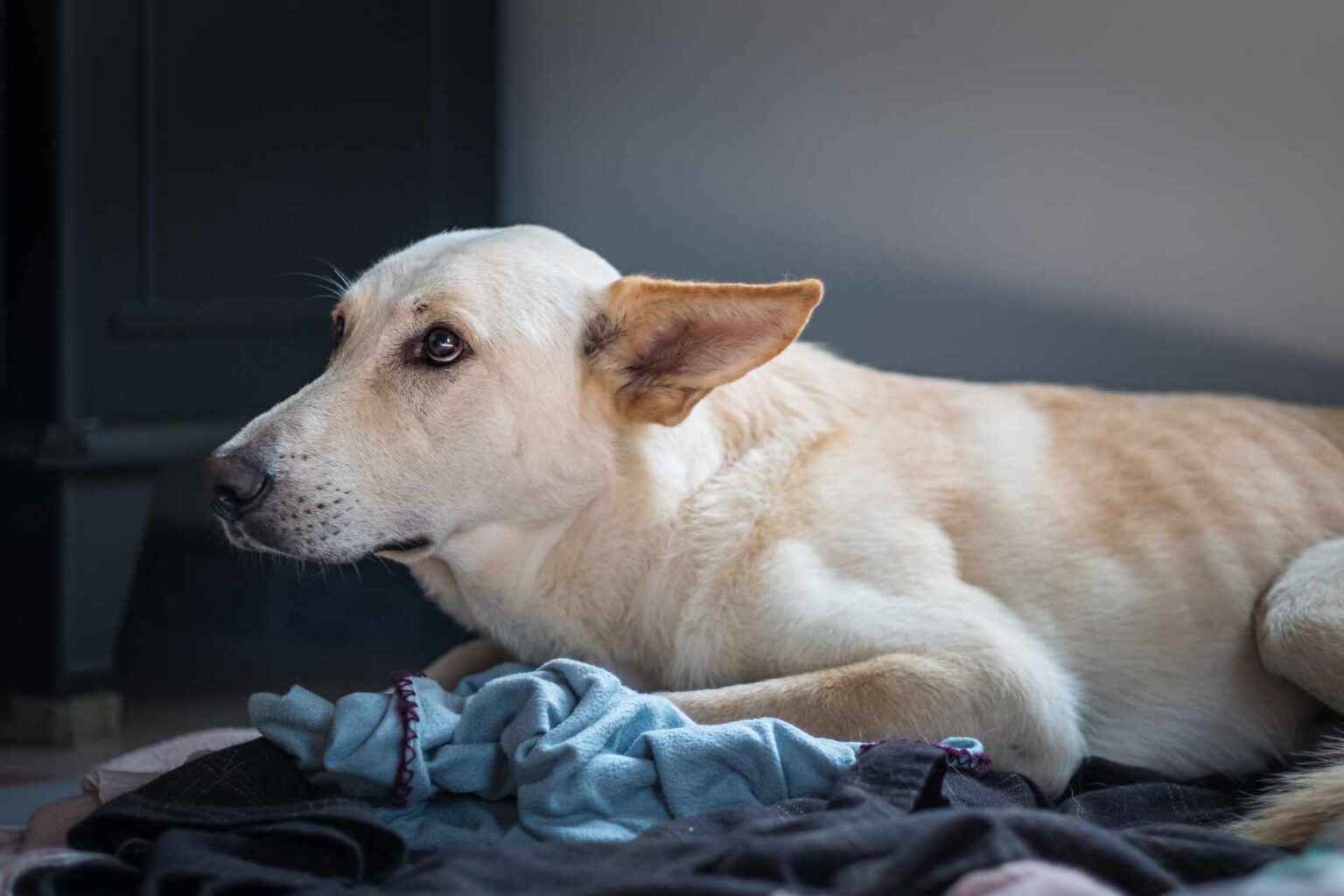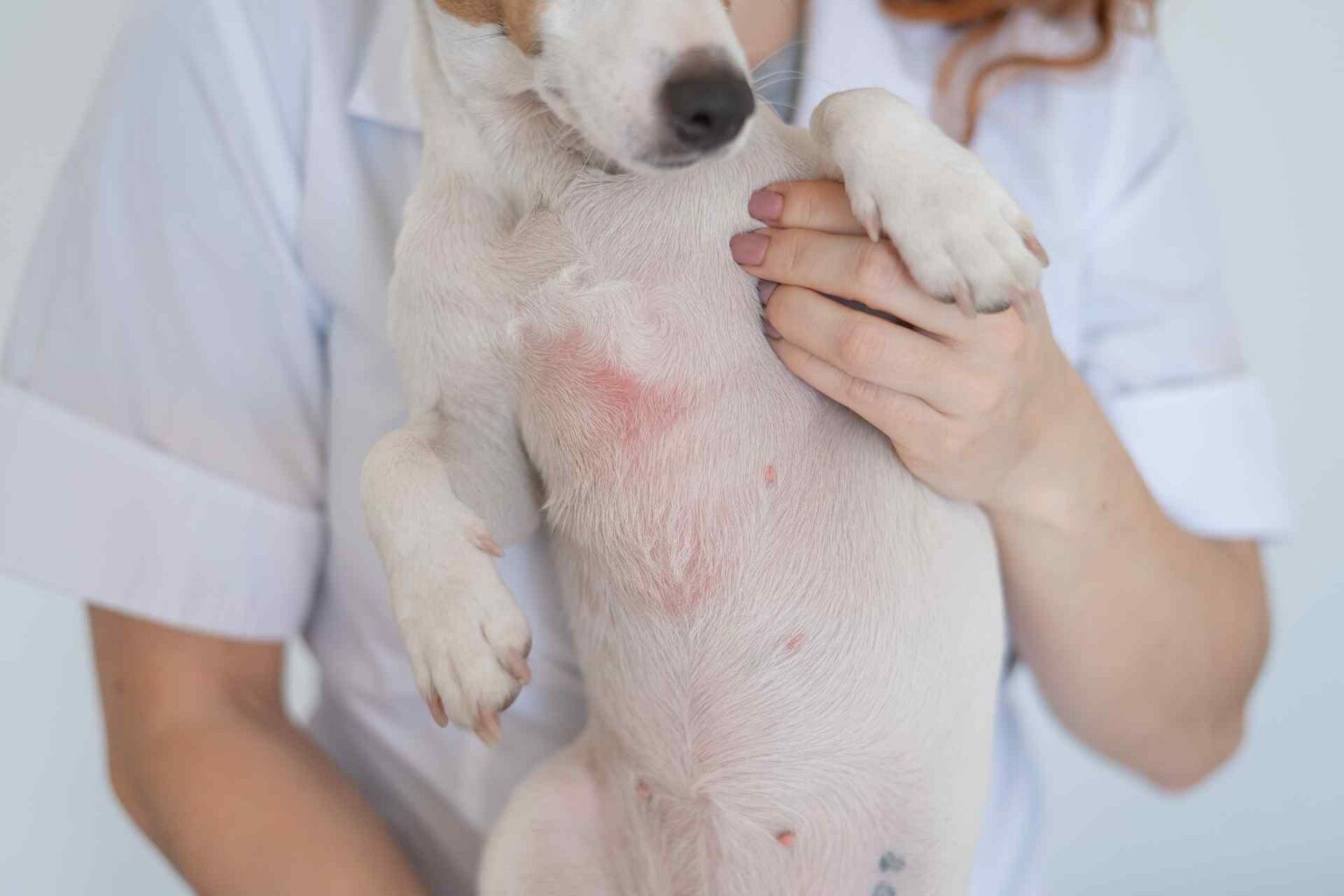Giardia spp. infections alone or in co-infection with Cryptosporidium canis are common in dogs and, often, asymptomatic. U.S. research aimed to investigate the effect of these pathogens and that of anthelmintic treatment on the fecal microbiome of dogs
Gut dysbiosis in dogs has been associated with a number of disorders including acute and chronic enteropathies, exocrine pancreatic insufficiency, and intestinal parasitism. In addition, as with humans, concerns have been raised about the effects of drugs on the microbiota, particularly regarding the potential deleterious effects of antimicrobials.
Giardia and Cryptosporidium canis infections, common in dogs worldwide, can occur singly or as co-infections. The most common clinical sign observed with both infections is diarrhea, but it is usually associated with young individuals or those in crowded environments while most dogs are colonized without signs of disease. A previous study evaluating dogs with subclinical Giardia-positive or -negative disease found a significant difference in bacterial genera between the groups; however, the effect of Giardia spp. co-infection with C. canis or their treatment on the fecal microbiome of dogs has not yet been characterized.
Madeline A. Fujishiro, of Texas A&M University (U.S.) and collaborators-in whose experience In dogs co-infected with C. canis and Giardia spp. treatment of the latter is usually sufficient to control the clinical signs of the disease-they therefore wanted to investigate whether there were alterations in the fecal microbiome of both infected and healthy dogs after administration of broad-spectrum benzimidazole anthelmintics .
Alternative anthelmintics to metronidazole
Metronidazole is commonly used to treat giardiasis in dogs and cats. Recently, however, a study that evaluated the fecal microbiome of healthy dogs showed that short-term use of this antibiotic can cause dysbiosis. In addition, metronidazole can induce neurological signs in dogs and cats. Fenbendazole and febantel, broad-spectrum benzimidazole anthelmintics, have been used as alternative drugs. There is also, in some countries, a preparation of febantel in combination with pyrantel and praziquantel (FPP) for the treatment of Giardia spp. infections in dogs.
Fenbendazole has not been shown to have a major effect on the gut microbiota of horses or the gut microbiome of mice, and a combination product with moxidectin and praziquantel did not have a major effect on the fecal microbiota of horses. To the authors’ knowledge, however, the effect of administration of an anthelmintic agent (combined product FPP or fenbendazole) on the fecal microbiome of dogs had not yet been described.
The two-part study
Thus, the objectives of the U.S. group were to assess, on the one hand, whether there were alterations in the fecal microbiome after FPP administration in dogs with chronic and subclinical Giardia spp. and C. canis and, on the other hand, to further investigate the effect of fenbendazole on the fecal microbiome of healthy dogs. For this reason, the research was divided into two parts.
- Part 1: Effect of febantel combined with pyrantel and praziquantel on the fecal microbiota of 6 young research beagles (3 males; 3 females) with Giardia spp. and C. canis. FPP administered by mouth, daily, for 3 days with about 1 tablespoon of canned dog food to promote ingestion (days 0, 1 and 2 of the study)
- Part 2: effect of fenbendazole on the fecal microbiota of 19 healthy owned dogs (any size, sex or breed older than 9 months and younger than 10 years) randomly assigned to either the treatment group (n = 9) or the control group (n = 10). Fenbendazole (50 mg/kg) administered by mouth, once daily for five consecutive days starting on day 0. Dogs in the control group received no treatment.
In both groups, fecal samples were collected, a fecal score was determined, fluorescent antibody staining for Giardia cysts and Cryptosporidium oocysts was performed on an aliquot of feces, and a microscopic examination was performed. 16S rRNA sequencing was performed. Quantitative PCR (qPCR) assays were used to assess the abundance of total bacteria, Faecalibacterium, Turicibacter, Escherichia coli, Streptococcus, Blautia, Fusobacterium, and Clostridium hiranonis and to calculate a dysbiosis index (DI). PCR assays were performed for Clostridioides difficile and Clostridium perfringens.
Minimal or absent changes in the fecal microbiota of dogs
To the authors’ knowledge, this is the first study to evaluate the effect of both anthelmintic treatments – FPP association and fenbendazole – on the fecal microbiome of dogs and, in agreement with previous studies in other species, found no major effects of the anthelmintic agents tested on the gut microbiome, but showed only minimal changes in the fecal microbiome in dogs in one of two studies before and after administration.
In part 1 of the study, the qPCR results showed that the fecal abundance of Fusobacterium is increased between days 0 and 4 in beagles with subclinical giardiasis and cryptosporidiosis. However, this change was transient, the abundance of the other bacterial groups evaluated did not change, and therefore, in the authors’ opinion, this result is unlikely to be of clinical significance. 16S rRNA sequencing showed that species richness and microbial diversity did not change significantly after FPP administration, and after correction for multiple comparisons, there were no changes in individual bacterial phyla, classes, orders, families, genera, or species. However, the authors cannot rule out such an effect if FPP was administered at higher doses or for a longer period of time.
In Part 2, on healthy owned dogs treated with fenbendazole, a significant effect on fecal abundance of Fusobacterium and E. coli was shown. There was no significant interaction between time points and treatment, though, suggesting that any difference was due to differences at baseline between groups rather than the effect of fenbendazole administration. Furthermore, after correcting for multiple comparisons, there was no significant difference in the fecal abundance of either bacterial group between treated and control dogs at any time point. After correction for multiple comparisons, there were no changes in individual bacterial phyla, classes, orders, families, genera or species over time in the fenbendazole-treated group or the control group.
Taken together, these results show only minimal changes in the fecal microbiota of healthy owned dogs when treated with oral fenbendazole at a standard dose for five days. However, the authors cannot rule out such an effect if fenbendazole were administered at higher doses or for a longer period of time.
Benzimidazole anthelmintics promising option
The results of this study suggest that the drugs used do not adversely affect the gut microbiome of healthy dogs with or without subclinical giardiasis and cryptosporidiosis, in contrast to older data reporting significant changes in the fecal microbial structure and diversity of healthy dogs given metronidazole or the macrolide antibiotic tylosin.
Antibiotics have a profound impact on the microbiota and in humans, and use during childhood can lead to abnormal development of the gut microbiome. Since most dogs clinically affected by Giardia spp. are young, it seems prudent for treatment to be aimed at curing the disease without negatively impacting the developing microbiota.
Based on the results of this study, treatment for clinical giardiasis with FPP or fenbendazole might be less likely to have a negative impact on the fecal microbiome in dogs than metronidazole.
However, the various limitations of the study, including the relatively small sample size; the use of dogs from a research colony; the lack of a control group in part 1 of the study because all dogs were co-infected with Giardia spp. and C. canis and of placebo administration to control dogs in part 2 of the study, suggest that further investigation is warranted.
Reference
Fujishiro MA, Lidbury JA, Pilla R, Steiner JM, Lappin MR, Suchodolski JS (2020). Evaluation of the effects of anthelmintic administration on the fecal microbiome of healthy dogs with and without subclinical Giardia spp. and Cryptosporidium canis infections. PLoS ONE 15(2): e0228145. https://doi.org/10.1371/journal.pone.0228145











